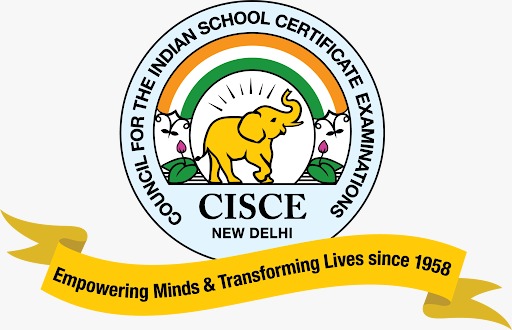As educators, we hold a sacred responsibility, one that extends far beyond the physical
boundaries of our classroom. We are the architects of a safe and nurturing learning
environment, a place where growth, exploration, and self-discovery are not just
encouraged, but celebrated.
Our unwavering commitment to this task requires us to engage with our students on a deeply personal level, to recognise their unique challenges, and to provide a safe haven where they can grow and flourish. Yet, this accountability does not end with our students. It extends to the parents and the communities that support them.
As educators, we understand that learning is a collaborative effort, one that requires the active
engagement and participation of all stakeholders. By engaging professionally with parents
and communities, we can create a powerful network of support that strengthens the bonds
between home, school, and community.
RESPECT AND RESPONSIBILITY – Keys to a Safe and Inclusive Learning Environment
The cornerstone of cultivating an environment that is both secure and inclusive is rooted in
fostering a culture of mutual respect. This requires treating our students with the same level
of respect we anticipate from them and outlining explicit guidelines for conduct in our
classrooms. Furthermore, it entails establishing a safe haven where every individual feels
cherished and appreciated, irrespective of their racial or ethnic background, gender identity,
or any other distinguishing attribute.
To realise our objective, it is imperative that we establish unambiguous guidelines and
procedures for conduct within our classrooms, and foster commendable and gracious
demeanour not just within the confines of our classrooms, but also in the broader school
community. In the event of transgressions, we must capably manage student conduct by
setting forth unequivocal regulations and anticipations of their comportment, administering
these directives uniformly, and dealing with any instances of misconduct expediently and
equitably.
DIGITAL LITERACY AND SCRUPULOUS TECHNOLOGY USE
In our contemporary world where technology plays a crucial role in every aspect of our lives,
it is paramount to utilise a diverse range of approaches to ensure that digital technologies
are employed in a secure, conscientious, and virtuous manner in the realm of education. We
must equip our students with digital literacy competencies, guiding them in the judicious
and ethical use of technology, ensuring their safety and promoting a culture of
accountability.
ENGAGING AND COLLABORATING PROFESSIONALLY WITH PARENTS AND COMMUNITIES
As educators, there is a significant need that transcends the confines of our classrooms. Our
duty is to establish professional partnerships with parents and communities to ensure that
our students receive the highest quality of education. This entails cultivating cooperative
relationships with parents that revolve around their children's academic progress and
overall welfare, and devising pertinent and culturally appropriate opportunities for their
participation in their child's educational journey.
Thereby, it calls for providing clear, accurate, and respectful reports to parents about their
children's academic achievements and well-being, utilising precise and dependable records.
We must be forthright and forthcoming in our interactions with parents, furnishing them
with the requisite information to support their child's learning and advancement.
CONTRIBUTING TO THE EDUCATIONAL COMMUNITY
All educators have a crucial role to play in not only advancing our own professional
development but also contributing to the broader educational community. One way we can
achieve this is by actively engaging in community networks and forums, such as those
offered by Cambridge International. By doing so, we can broaden our horizons, exchange
innovative ideas, and remain at the forefront of cutting-edge educational practices.
Moreover, as members of the school community, we must uphold our responsibility to
positively contribute to its vibrancy and spirit. This entails not only active participation in
extracurricular activities but also supporting our fellow colleagues in any capacity possible.
Our actions set the tone for the school's culture, and our demonstrated dedication to our
students and the school's mission sends a powerful message to all members of the
community.
CULTIVATING GROWTH AND LEARNING FOR A BETTER FUTURE – A moral obligation
As educators, it is our moral obligation to lay a firm groundwork of mutual respect, nurture
positive conduct, and exercise responsible use of technology to cultivate growth and
learning within our students. Furthermore, forging a partnership with parents and
communities amplifies our capacity to deliver a well-rounded education, securing the best
possible learning experience for our students. By placing utmost importance on these
indispensable components of effective teaching, we can create a learning milieu that fosters
academic excellence and equips our students with the necessary tools to triumph in their
future pursuits. Let us not falter in our duty to instil these critical values in our students, for
they are the foundation of a brighter and more prosperous tomorrow.






